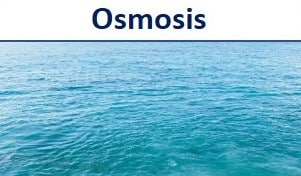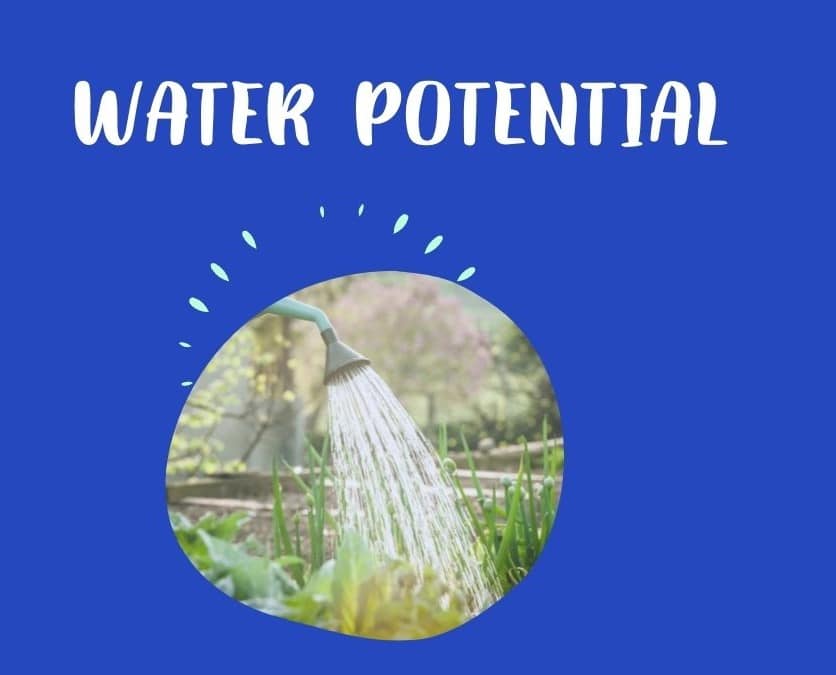Distillation is the separation of a mixture of liquids based on differences in their boiling points (or volatility). Water can be extracted from a salt solution using this method. Because the boiling point of the dissolved solute (salt) is greater than that of the solvent (water). Solvent vapor evaporates from the solution as it is heated. The gas escapes and cools and condenses back to liquid. As the amount of solvent in the remaining solution decreases, the concentration of the solute increases. Some of the applications of the distillation process are listed below:
- Purification of organic solvents.
- Refining of petroleum products.
- Remove salt from the water.
- Separation of methanol or ethanol from water.
- Separation of non-volatile substances from volatile ones.
Table of Contents
Distillation Definition in Chemistry
Distillation is defined as the method of purification in which a liquid is converted into vapor form and which is condensed back to liquid form.
The process is used when two or more liquids have adequate different boiling points. It should be noted that distillation is a physical process rather than a chemical process.
Frequently Asked Questions
1. Distillation meaning?
The process of converting a liquid into vapor, which is then condensed back into liquid form.
2. What are the Uses of distillation?
Distillation is used in a variety of industries, including oil refining, water purification, and the manufacture of alcoholic beverages.
3. What is the purpose of distillation?
Distillation is a technique for purifying a chemical by separating it from a non-volatile or less-volatile substance. Because various compounds frequently have different boiling points, when a combination is distilled, the components frequently separate.
4. What is the pH level of distilled water?
Distilled water has a pH of 7, making it neither acidic nor alkaline. Due to its great purity, distilled water is particularly environmentally sensitive, and even a tiny quantity of carbon dioxide from the air can cause it to turn somewhat acidic.
5. What is fractional Distillation?
Fractional distillation is a technique for separating different liquids from a mixture. This technique separates hydrocarbons using their different boiling points. It can be used to separate ethanol from a mixture of ethanol and water, as well as to separate various fractions from crude oil.
The steps of the process are evaporation, condensation, and collection.
More Links
Filtration Definition and Types
Adiabatic Process| Thermodynamics
Density of Water in g/ml-Accurate Value
The Density of Water lbs/U.S gal
Work-Energy Theorem
Kinetic Energy Formula
Specific Heat Formula & Concept| 10 Easy Key Points
How Many Cups in a Gallon?
- BCl3 Lewis Structure in four simple steps - November 1, 2023
- PH3 Lewis Structure in four simple steps - October 8, 2023
- PF3 Lewis structure in four simple steps - September 24, 2023



